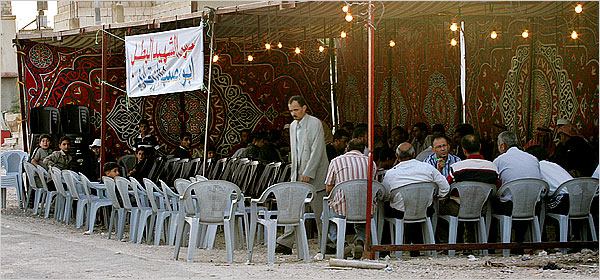Injustice may turn an outlaw into a ‘hero’
Giugno 5, 2017

Amer Al Sabaileh
Director of Security Languages - Senior political and security analyst
To win over radicalism, it is important not to forget that this battle is much deeper than a social media campaign or the promotion of certain rhetoric and narratives. It is also important to understand the psychology of these groups and how their leaders enjoy such widespread support.
In his book Black Flags “The Rise of Isis” Joby Warrick tackles the life of Al Zarqawi, the Jordanian terrorist who gained international notoriety and laid the foundations for ISIS. It is interesting to consider how these terrorists are viewed amongst different groups. Despite being a violent terrorist and an enemy of the state, many still see him as a hero.
Promoting the narrative that the state is an enemy of its own citizens fuels feelings of hate towards the state, its institutions and representatives. Al Zarqawi was seen as a strong leader amongst his followers, partly because of his strong positions against the states and its representatives, and was seen as a protector of his followers; “Despite his harsh manner, he won admirers because of his fearless defiance of prison authority.”
This arouses further inquiry around the underlying reasons for terrorists being seen as heroes. These groups enjoy impassioned solidarity amongst its members, as the group provides elements to their lives that general society has not. When states fail to uphold social justice and national identity, people can often seek these comforts elsewhere.
Fostering a sense of brotherhood can replace the failures of integration in society. These groups tap into feelings of exclusion, oppression, humiliation and the violation of human dignity. According to the book, Zarqawi appeared to be caring and a defender of his fellows, he presented himself as someone who stood for their rights and to protect their dignity. In one story, he appeared to fight for an ill man named Jahaline not just to receive the proper medication but also respect.
This extract is an illustrative example of the role that Zarqawi played for his followers: “One evening, while Sabha (the doctor) was visiting the cell, Jahaline suffered one of his occasional meltdowns, a screaming fit that usually required treatment with antipsychotic drugs. Sabha grabbed a syringe and was preparing to administer the shot when Zarqawi stepped forward to block him. Without a word, Zarqawi took a blanket from one of the beds and draped it over Jahaline’s lower body. He held the blanket in place with one hand, and with another tugged at the elastic waistband of the disabled man’s trousers, exposing him narrow crescent of skin. Then he motioned to the doctor. “Just make sure it’s in the right spot,” he commanded. When it was done and Jahaline was resting quietly, Sabha looked up to find Zarqawi watching him with a look of satisfaction.”
The point is that in our de-radicalization and anti terrorism strategies, we must consider how these groups work, on the psychology of the people involved. Being an outlaw has always had an attraction for certain people, and outlaw groups have for centuries leveraged the sense of protecting members from social injustice and failures of the state. Robin Hood, the hero that we all admire was in reality an outlaw. But in the story he is only an outlaw because of injustice in the system, so the people saw him as a hero fighting for their rights.
To be effective in de-radicalization, there should be also process of imposing justice, protecting human dignity, giving people the chance to live a better life and participate in building their future.
Dr. Amer Al Sabaileh
amersabaileh@yahoo.com
What's Your Reaction?
Excited
0
Happy
0
In Love
0
Not Sure
0
Silly
0
Amer Al Sabaileh
Director of Security Languages - Senior political and security analyst

